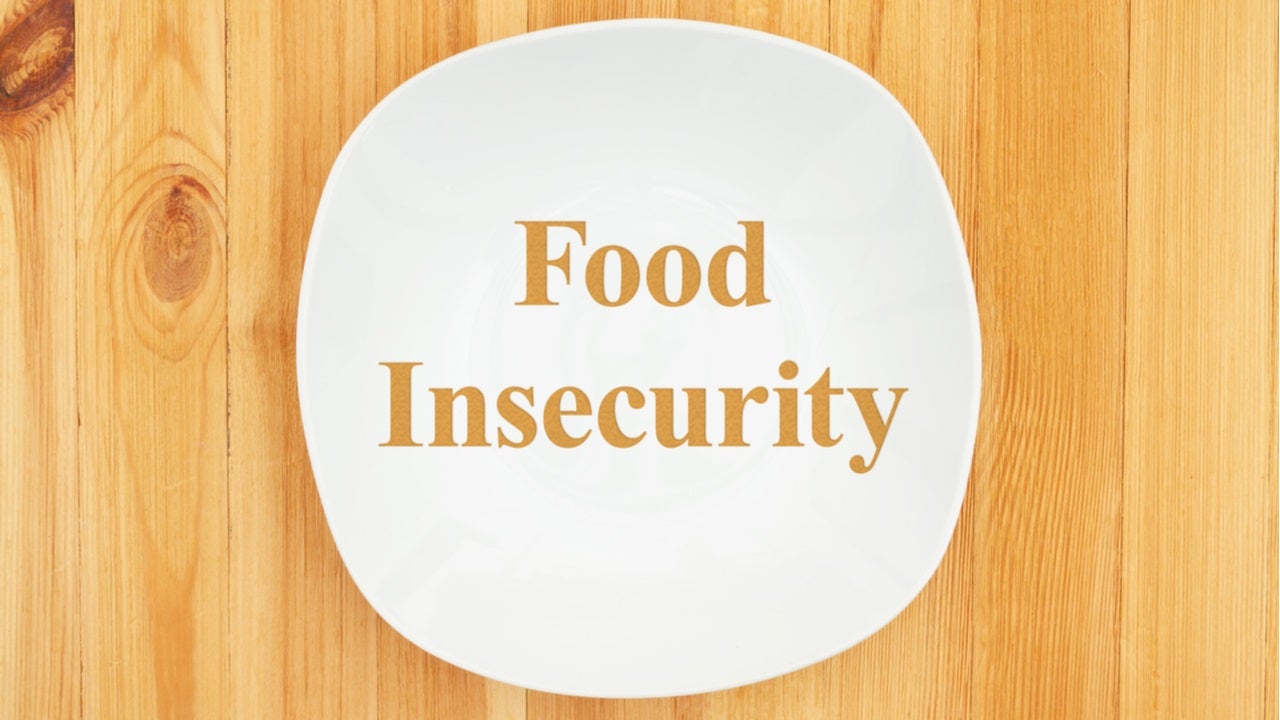The Covid-19 pandemic has led to an unprecedented increase in unemployment rates across the world. The most affected are the low and middle income group families with children by increasing their food insecurity. Although the US has provided assistance to address this issue, many families are still struggling to feed their children. Macroeconomic influencers share their views on the Covid -19 impact.
Trevon D Logan
Trevon D Logan, professor of economics at Ohio State University, shared an article on how one in three families with children in the US are experiencing food insecurity due to the unemployment caused by the pandemic. The level of food insecurity is higher than the peak of the Great Recession.
The article notes that food insecurity is common during an economic downturn but the current pandemic is disproportionately affecting families with children and children themselves. Majority of the children from low-income groups depended on schools to provide two of their meals but as schools remain closed they are deprived of these meals.
The pandemic Electronic Benefit Transfer (EBT) programme has provided some of the money to replace the meals that children receive at school but it is not sufficient, the article added. Further, those children who are not in school and in daycare did not qualify for the programme depriving them of much needed meals.
One in three families with children are experiencing food insecurity. This is an alarmin rate that will only get worse as unemployment assistance drops (Ohio just sent their last $300 payments). This fourth quarter will be brutal on our nation's children. https://t.co/jeEetLZO6s
— Trevon D Logan (@TrevonDLogan) September 28, 2020
 GlobalData Strategic Intelligence
GlobalData Strategic IntelligenceUS Tariffs are shifting - will you react or anticipate?
Don’t let policy changes catch you off guard. Stay proactive with real-time data and expert analysis.
By GlobalData
Luis Garicano
Luis Garicano, professor of economics at the University of Chicago, tweeted on the projections made by the European Central Bank (ECB) on GDP levels in Europe. The ECB noted that the GDP will recover to pre-pandemic levels by late 2022, however, containment measures will play a key role in ensuring recovery.
In 2020, GDP levels are expected to decline by 8%, while rebounding by 5% and 3.2% in 2021 and 2022. Further, the ECB noted that inflation levels in 2020 are expected to be at 0.3% and increase to 1% and 1.3% in 2021 and 2022.
ECB estimates GDP will recover to pre-pandemic levels in late 2022. To do just that, “containment policies are critical”. For now ECB calculates -8% drop in 2020 and rebounds of 5.0% and 3.2% the following two years pic.twitter.com/wTAAerzf2U
— Luis Garicano (@lugaricano) September 28, 2020
Konstantina Beleli
Konstantina Beleli, a European civilisation economist, shared an article on how half of the undocumented migrants in the US pay income taxes, according to a report from the Institute of Taxation and Economic Policy, a think tank.
The report notes that undocumented migrants paid $11.7bn in income taxes per year or an average of 8% of their income. The top 1% of earners, however, paid only 5.4% of their income, the report added.
The article added that the problem plaguing the working and middle class in the US is not immigration but rather a system that has allowed three Americans to accrue more wealth than the combined savings of the bottom 50% of all Americans.
Undocumented migrants in America pay much more in taxes than Trump https://t.co/4iJs6Fg8Gd
— The Independent (@Independent) September 28, 2020
Peter Martin
Peter Martin, Member of the Order of Australia, shared an article on a survey conducted among 49 leading economists in Australia on boosting unemployment benefits versus personal income tax cuts. Majority of the economists support a budget that will boost social housing and JobSeeker unemployment benefits rather than reducing personal income tax.
The survey was conducted by a committee of the central council of the Economics Society. The economists were offered various options including JobSeeker unemployment benefits, wage subsidies after the expiry of JobKeeper, cash payments to households, infrastructure spending, personal income tax cuts, and company tax cuts.
Social housing was the most popular option selected by economists as it will help in addressing homelessness, while also providing a lasting benefit. Boosting the JobSeeker unemployment benefits was the second most preferred option as it would help in increasing spending. Funding education and training was the third most preferred option as it will assist the young people in securing jobs.
Oh. Top economists back boosts to JobSeeker and social housing over tax cuts in pre-budget poll: https://t.co/3OQ7p0doXN @ConversationEDU @AusEconSoc @ANUCrawford #ausecon #auspol pic.twitter.com/QltalERscF
— Peter Martin (@1petermartin) September 28, 2020
Charles Kenny
Charles Kenny, senior fellow at Center For Global Development, shared an article on how the recession induced by the Covid-19 pandemic is increasing political instability in developing countries. Majority of the developing countries were able to recover from the recession in 2009-2010 increasing the daily incomes of middle class to $10-$15 per person.
The pandemic, however, threatens to pose greater risk to middle class households. According to estimates from a study at King’s College London, a contraction of 10% of GDP in developing countries could push 180 million people to the threshold of poverty. Such conditions often give rise to social and political tensions.
The article notes that under such conditions the International Monetary Fund and other global banks should offer lending programmes to developing countries. Such programmes can help in providing cash transfers to struggling households and ensuring children do not go hungry.
https://twitter.com/charlesjkenny/status/1310599734705491968




